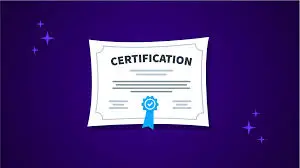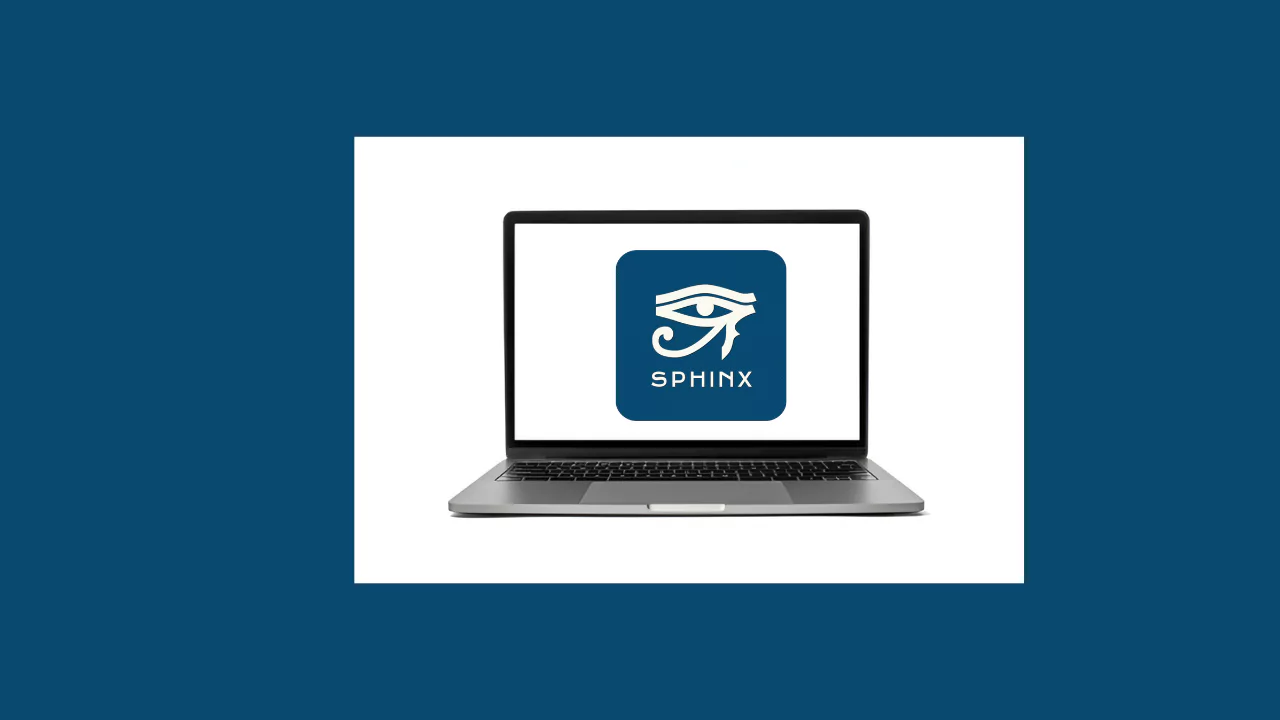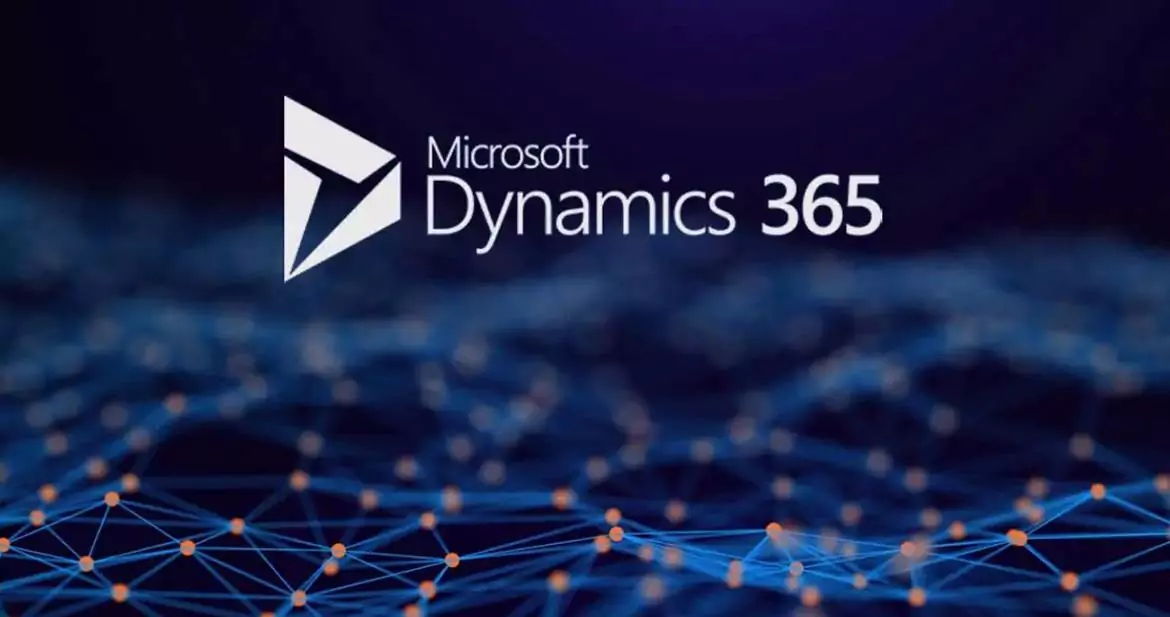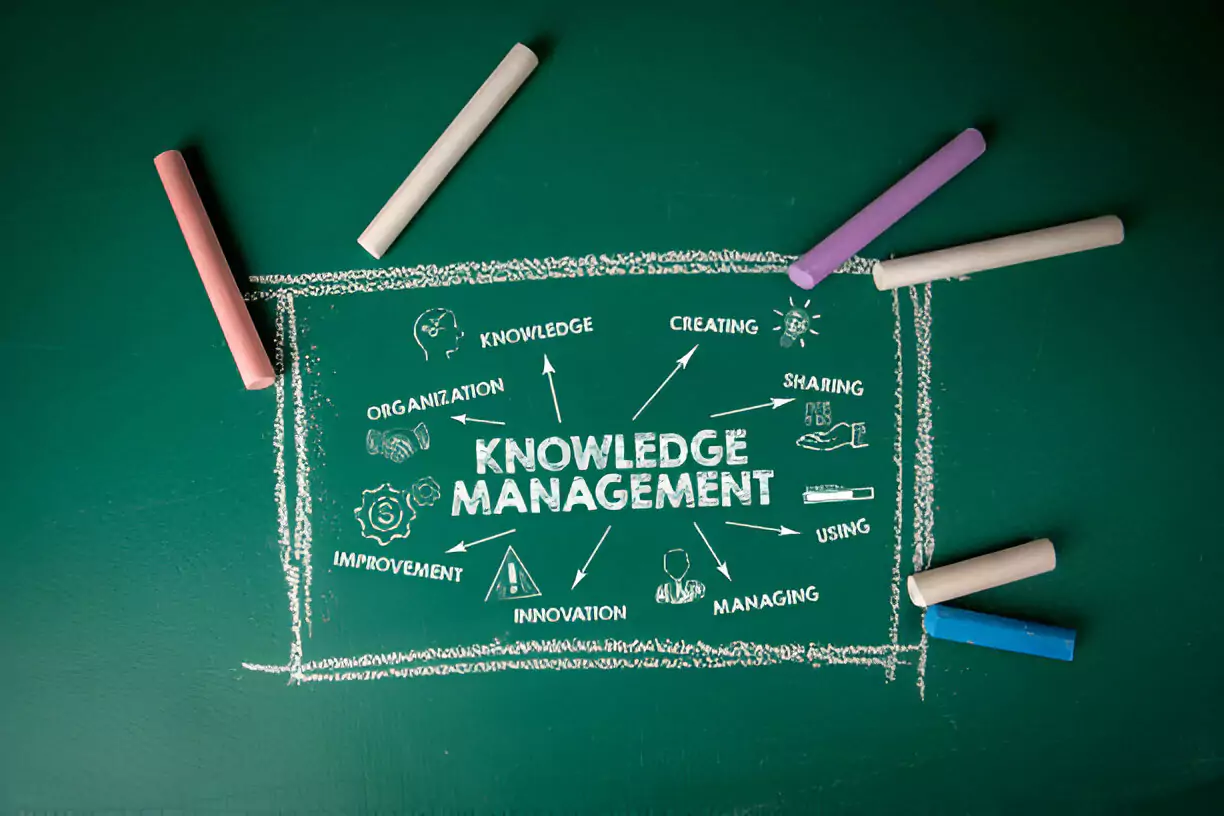Course Overview
This comprehensive 10-day course by IRES equips professionals with the skills to create and manage digital libraries and repositories effectively. Participants will master tools like DSpace and Omeka to handle digital formats, metadata, and database systems, enhancing data accessibility and decision-making. Through case studies and practical exercises, you’ll optimize information management in public, private, and nonprofit sectors.
Course Duration
10 Days
Target Audience
- Library and archive managers
- Information and communication specialists
- Content developers and system managers
- Publication officers and researchers
Organizational Impact
- Improved data management and accessibility
- Enhanced decision-making with high-quality information
- Streamlined digital library and repository operations
- Increased compliance with intellectual property standards
Personal Impact
- Mastery of digital library and repository management
- Enhanced career prospects in information management
- Increased confidence in using cutting-edge technologies
- Improved skills in metadata and digitization processes
Course Outline
Course Objectives
- Understand the role of digital libraries and repositories
- Implement tools for building digital collections
- Navigate intellectual property and copyright frameworks
- Manage digital formats, metadata, and databases
- Enhance visibility through SEO and social media
Course Modules
Course Outline
Module 1: Introduction to Digital Libraries and Repositories
- Defining digital libraries and repositories
- Exploring their role in modern organizations
- Understanding key concepts and terminology
- Using DSpace for repository planning
- Case Study: Assess needs for a digital library
Module 2: Building Digital Libraries and Repositories
- Planning and designing digital collections
- Building institutional repositories
- Selecting tools for digital library creation
- Using Omeka for collection management
- Case Study: Design a digital repository framework
Module 3: Intellectual Property and Copyright
- Understanding copyright basics and legal frameworks
- Navigating copyrights in libraries and publishing
- Addressing intellectual property challenges
- Using Creative Commons licenses
- Case Study: Develop a copyright policy for a library
Module 4: Textual Digital Formats
- Exploring textual formats (HTML, XML, PDF)
- Understanding character encoding and markup
- Converting between textual formats
- Using Microsoft Word for document formatting
- Case Study: Convert documents to XML format
Module 5: Non-Textual Digital Formats
- Managing electronic picture formats
- Comparing non-textual format standards
- Ensuring compatibility and accessibility
- Using Adobe Photoshop for image processing
- Case Study: Standardize image formats for a repository
Module 6: Digitization Processes
- Overview of the digitization workflow
- Selecting materials for digitization
- Handling delicate and heritage documents
- Using scanners for high-quality digitization
- Case Study: Plan a digitization project
Module 7: Metadata and Subject Indexing
- Applying metadata standards (Dublin Core, LOM)
- Managing metadata for document and learning objects
- Implementing manual subject indexing
- Using MARC for metadata creation
- Case Study: Develop a metadata schema
Module 8: Database Management for Libraries
- Understanding textual and relational databases
- Using databases for document delivery
- Applying SQL for library data management
- Using CDS-ISIS for textual databases
- Case Study: Design a library database system
Module 9: Visibility and Accessibility Strategies
- Designing user-friendly library websites
- Optimizing content for search engines and feeds
- Leveraging Web 2.0 and social media platforms
- Using Google Analytics for visibility tracking
- Case Study: Enhance a library’s online visibility
Module 10: Access Control and Preservation
- Implementing access control for digital collections
- Developing long-term preservation strategies
- Exploring emerging technologies like blockchain
- Using LOCKSS for preservation
- Case Study: Create an access and preservation plan
Related Courses
Course Administration Details
Methodology
These instructor-led training sessions are delivered using a blended learning approach and include presentations, guided practical exercises, web-based tutorials, and group work. Our facilitators are seasoned industry experts with years of experience as professionals and trainers in these fields. All facilitation and course materials are offered in English. Participants should be reasonably proficient in the language.
Accreditation
Upon successful completion of this training, participants will be issued an Indepth Research Institute (IRES) certificate certified by the National Industrial Training Authority (NITA).
Training Venue
The training will be held at IRES Training Centre. The course fee covers the course tuition, training materials, two break refreshments, and lunch. All participants will additionally cater to their travel expenses, visa application, insurance, and other personal expenses.
Accommodation and Airport Transfer
Accommodation and Airport Transfer are arranged upon request. For reservations contact the Training Officer.
Tailor-Made
This training can also be customized to suit the needs of your institution upon request. You can have it delivered in our IRES Training Centre or at a convenient location. For further inquiries, please contact us on:
Payment
Payment should be transferred to the IRES account through a bank on or before the start of the course. Send proof of payment to outreach@indepthresearch.org
Click here to register for this course.
Register NowCustomized Schedule is available for all courses irrespective of dates on the Calendar. Please get in touch with us for details.
Customize AttendanceDo you need more information on our courses? Talk to us.

















